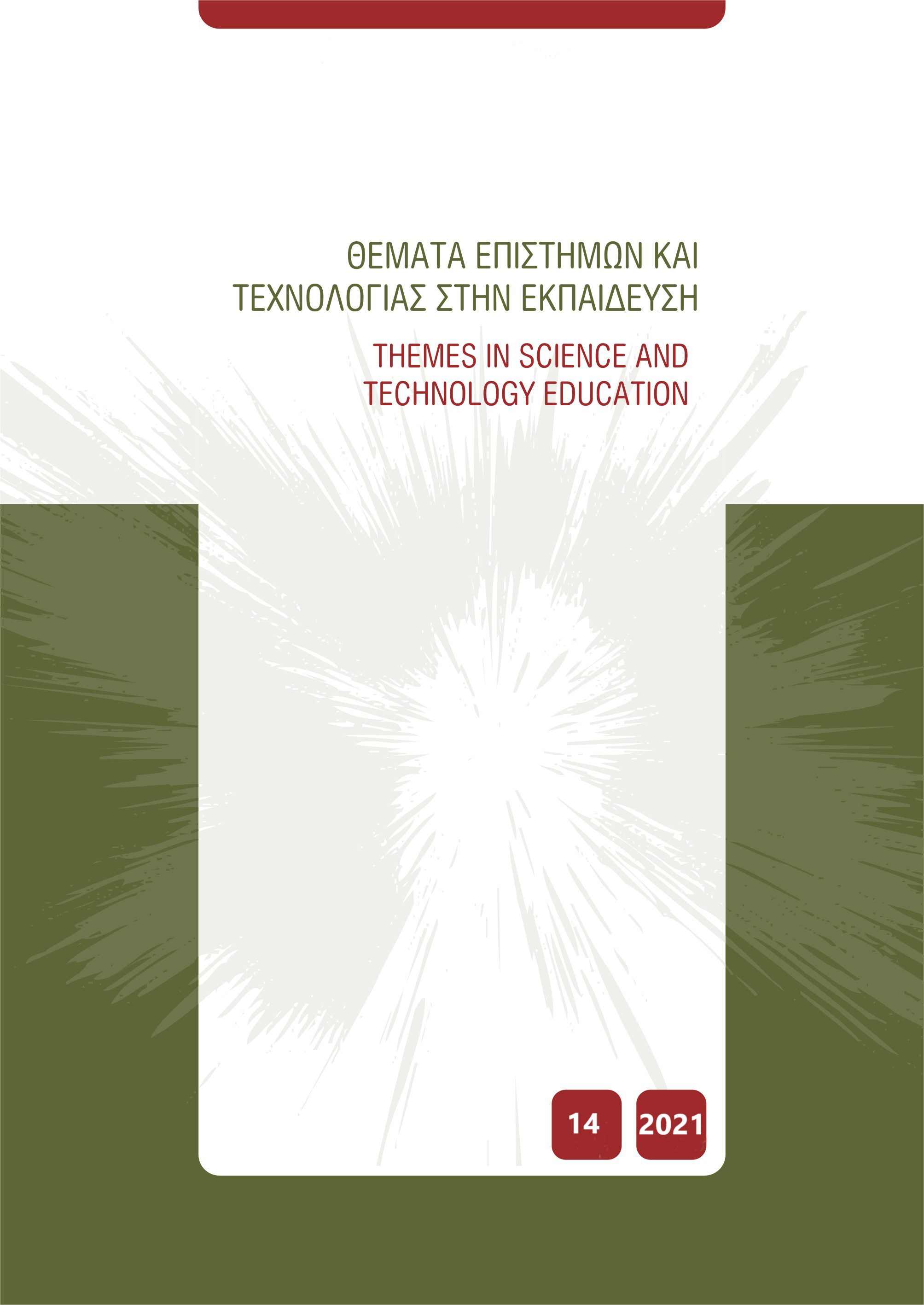Μελέτη της λειτουργίας της ανεμογεννήτριας με μεθοδολογία STEM από μαθητές πρωτοβάθμιας εκπαίδευσης

Περίληψη
Διεθνώς, παρατηρείται μια εντατική προσπάθεια για την ανάπτυξη της εκπαίδευσης STEM με στόχο την προετοιμασία των μαθητών για μία επιστημονικά και τεχνολογικά ανεπτυγμένη κοινωνία. Σκοπός της παρούσας εργασίας είναι να μελετήσει την επίδραση της μεθοδολογίας STEM στην επίδοση μαθητών πρωτοβάθμιας εκπαίδευσης. Για τον σκοπό αυτό σχεδιάστηκε και
υλοποιήθηκε μία διδακτική παρέμβαση με μεθοδολογία STEM που αφορούσε το μάθημα των Φυσικών και συγκεκριμένα την αιολική ενέργεια και τις ανεμογεννήτριες. Ως μεθοδολογία της έρευνας χρησιμοποιήθηκε η μικτή μέθοδος (συνδυασμός ποσοτικής και ποιοτικής μεθόδου). Τα μέσα συλλογής δεδομένων που χρησιμοποιήθηκαν ήταν συμμετοχική παρατήρηση, τα φύλλα εργασίας των μαθητών και ερωτηματολόγιο γνωστικού περιεχομένου πριν και μετά τη διδακτική παρέμβαση. Δείγμα της μελέτης αποτέλεσαν 46 μαθητές της Ε’ και ΣΤ’ τάξης δύο δημοτικών σχολείων στην περιοχή της πόλης των Πατρών. Τα
αποτελέσματα έδειξαν ότι η διδακτική παρέμβαση με μεθοδολογία STEM επηρέασε θετικά και σε σημαντικό βαθμό την επίδοση και το ενδιαφέρον των μαθητών για το συγκεκριμένο μάθημα.
Λεπτομέρειες άρθρου
- Πώς να δημιουργήσετε Αναφορές
-
Πολίτη Ε., Καρατράντου Α., & Παναγιωτακόπουλος Χ. (2021). Μελέτη της λειτουργίας της ανεμογεννήτριας με μεθοδολογία STEM από μαθητές πρωτοβάθμιας εκπαίδευσης. Θέματα Επιστημών και Τεχνολογίας στην Εκπαίδευση, 14, 75–93. https://doi.org/10.12681/thete.39959
- Τεύχος
- Τόμ. 14 (2021)
- Ενότητα
- Articles





